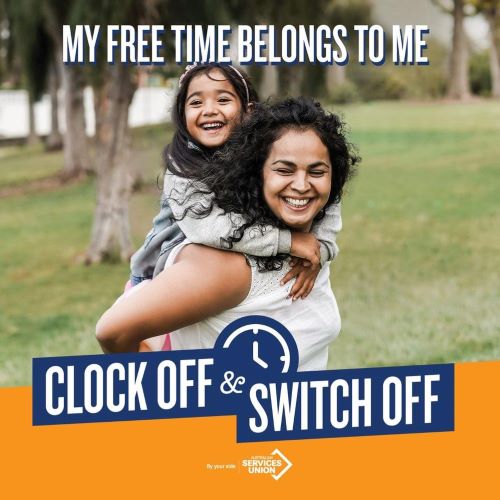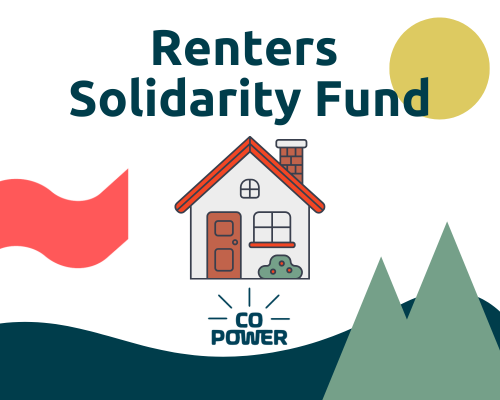
Adding to your insulation
February 21, 2024
This summer 207 households have switched
February 23, 2024By Imogen Sturni, Branch Secretary, Victorian Private Sector Branch, Australian Services Union
We all know the feeling of a work call or email coming in just before bed, or in the middle of dinner. Then there’s the pull of your phone notifications as you sit down at the end of the day, or the Sunday afternoon inbox check. Or you have your shift changed at the last minute throwing out your medical appointment and causing a last-minute rush to arrange childcare.
It can take hours to unwind again, leading to a lack of sleep and an adverse impact on mental health for many workers.
The amendment to the Fair Work Act, passed by the Federal Government this month was the result of a sustained campaign by union members who, in the wake of COVID-19, called for protection against expectations that workers be constantly connected to work, which had led to overwork and unpaid hours.
These new laws enshrining the right to disconnect will give workers a necessary safeguard in the modern workplace, preventing work from intruding into their homes after hours.
The laws protect workers who have unreasonable demands placed on them by employers through regular and sustained expectations of work while ‘off the clock’.
With technology ensuring work is never far away, and the COVID-19 pandemic further blurring the lines between our work and home, this legislation brings Australia in line with many countries around the world already enshrining this right in their industrial laws.
The ASU’s Right to Disconnect Report July 2023 found:
- 70% of workers in Australia are often working outside of their scheduled hours.
- 67% of workers said they struggled to complete their workload within their normal working hours.
- Over half of workers felt pressured to take calls or check emails outside of work hours.
- 64% of workers have been contacted in relation to work whilst on leave, including sick leave, carers leave, annual leave or long service leave.
- Workers complete an average of 4.6 hours of unpaid overtime each week. Or about $460 of unpaid overtime a fortnight.
- 72% of workers have experienced poor mental health (stress and anxiety) due to working outside of normal work hours.
Importantly, these new laws also bring into conversation the importance of work-life balance and how a healthy working environment can contribute to healthy communities.
When asked what a better work-life balance would mean, many of us will identify looking after our mental and physical health, spending more time with our family and friends, helping the kids with their homework, and having the time to volunteer with social and community groups. It’s also becoming increasingly clear that better work-life balance for employees leads to better workplace productivity.
Whether it’s through the legislated right to disconnect, practical steps in the workplace to manage workloads and out of hours work, roster stability and predictability, or the 4 day work week at full-time pay, work-life balance is a growing priority for workers.
Click here to find out more, calculate how much unpaid overtime is costing you, read the ASU’s Right to Disconnect Report, and get involved in the campaign.




